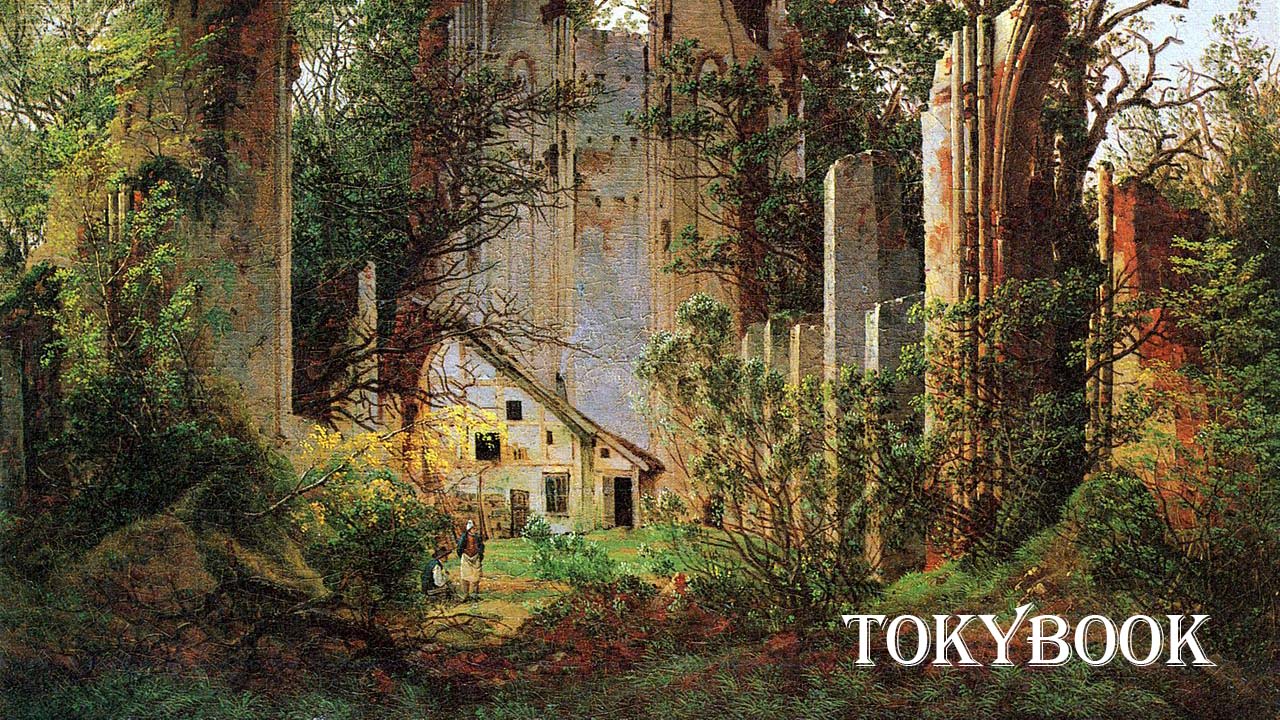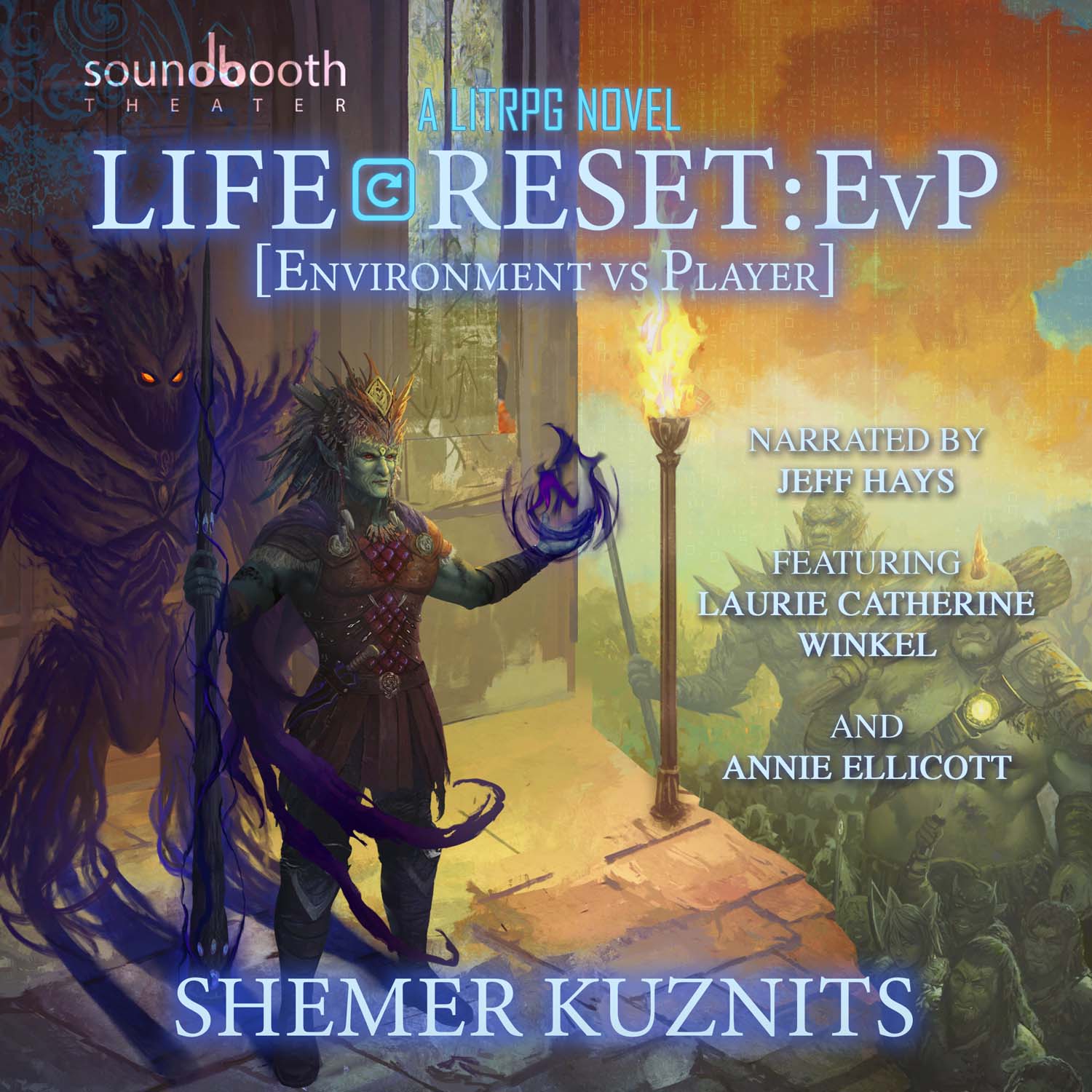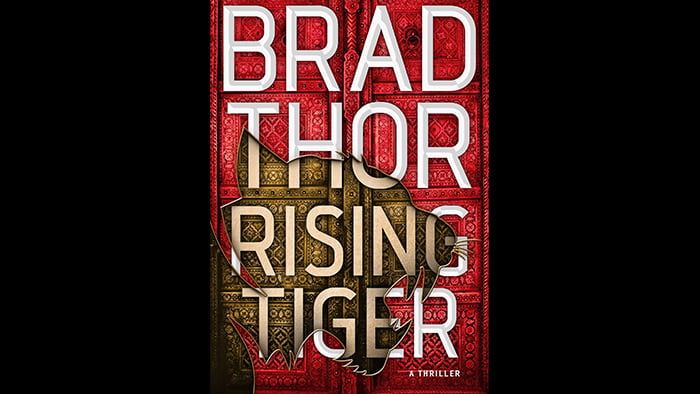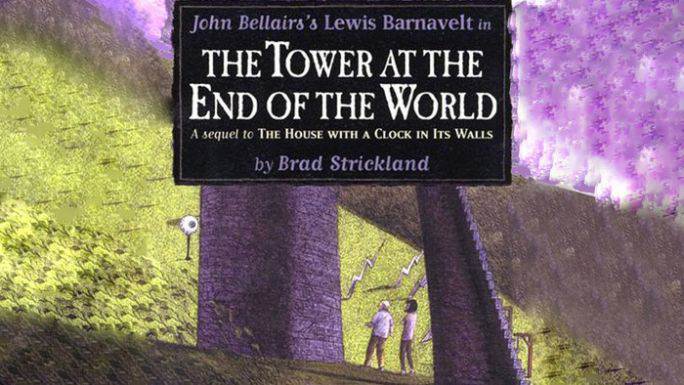“After London” or “Wild England” is a post-apocalyptic novel written by Richard Jefferies, a British writer and naturalist. It was first published in 1885 and is set in a future England where civilization has collapsed, and nature has reclaimed the land.
The novel depicts a world in which an unspecified catastrophe has occurred, leading to the destruction of London and the collapse of urban society. The protagonist, Felix, ventures out from the countryside into the remnants of the city, exploring the overgrown and decaying landscape. He encounters various tribes and communities that have adapted to the new world, each with its own unique culture and way of life.

Jefferies’ novel explores themes of nature, civilization, and humanity’s relationship with the environment. It presents a vision of a post-apocalyptic world where nature takes over and humanity must find new ways to survive and adapt. The book also reflects Jefferies’ love for the English countryside and his concerns about the impact of industrialization on the natural world.
“After London” or “Wild England” is considered one of the earliest examples of post-apocalyptic fiction and has influenced subsequent works in the genre. It offers a thought-provoking exploration of a future world transformed by environmental disaster and serves as a cautionary tale about the potential consequences of human actions.











